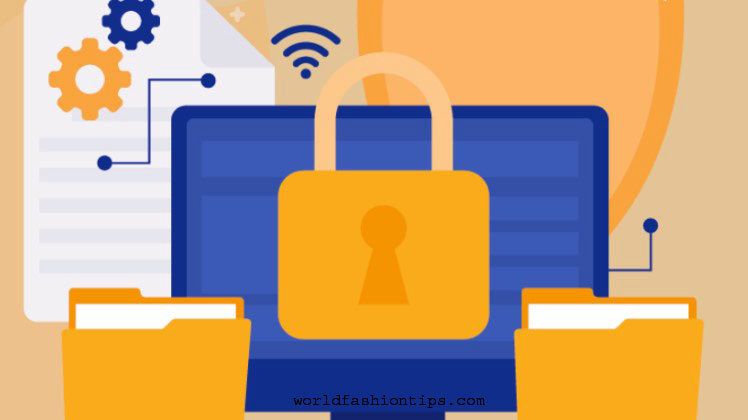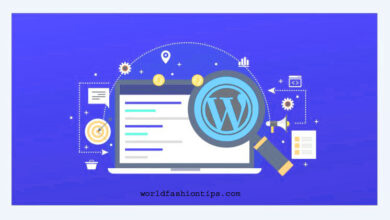
Introduction:
If you own website security and want it to stay safe, there are many things you can do. The first step is to make sure that your website is as secure as possible. After all, a hacked website can leave you open to attack from hackers who want to steal information or expose personal details about your customers. Here are some tips on how to improve security on your website:
1. Use trusted hosting services.
To ensure that your site is secure, use a hosting provider that has a good reputation and has been around for some time. Check out their security features and make sure they’re reputable with a good history of security
complaints or lawsuits.
Hosting providers should also be PCI compliant, which means they meet certain requirements set by the Payment Card Industry Security Standards Council (PCI SSC). The PCI SSC ensures that companies that handle credit cards are protected from fraud and other problems by verifying their compliance with these standards.
2. Choose strong, complex passwords and keep them safe.
- Choose strong, complex passwords and keep them safe.
- Utilize another secret key for each site you use.
- Don’t use the same password for all your accounts—that’s a recipe for disaster if someone gets access to one of your accounts and tries to access the rest of them with that same password.
Don’t write down or share passwords with anyone else (even people who work in IT). Keep your site updated, including all plugins, themes, and software. You should also keep your site updated, including all plugins, themes, and software. Keep in mind that not all plugins or themes are created equal; some may include malware that you don’t want to expose your users to. To prevent this from being an issue for you or your users:
Use a security plugin such as WordFence (free version) or Sucuri Security ($99/year). These will scan for malware on your site automatically and notify you if there are any issues detected. Scan for malware on a regular basis.
3. It’s important to scan your website regularly for malware.
There are a variety of ways to do this, including using a security plugin such as Wordfence or Sucuri SiteChecker or scanning your site with an antivirus tool like AVG Free or Kaspersky Total Security. If you don’t have access to one of these tools, there are many free options available online that will allow you to check for suspicious activity on your site.
As with any other software update or upgrade, always make sure all users are notified in advance about any changes made so they know what data is being processed and how it will change their experience on the site (and if possible).
4. Protect your website with an SSL certificate.
SSL authentications are the most dependable method for safeguarding your site. They encrypt the information that travels between you and your visitors, so hackers can’t read it. SSL authentications are additionally helpful for recognizing who’s meeting your site, allowing you to keep track of who’s accessing it and what they’re doing while they’re on it.
This forestalls cyberattacks by ensuring nobody can hack into your PC or take data from any documents put away there – which would permit them admittance to whatever else on those PCs that could be delicate or significant (like monetary information).
SSL certificates cost money ($30-50) per year depending on how many years they’ll last but if you’re worried about keeping up with this kind of thing then just do what we did: buy an old domain name from someone else (like us!) who already has one.
5. Back up your website regularly.
It’s important to keep a copy of your website on a separate server, which you can then restore in the event that you lose access to it. You should be backing up your site at least once per day, but ideally every hour. If something goes wrong with your websites, such as hacking or vandalism, then having a backup will help you recover quickly and easily. These tips can help you keep your website more secure so it doesn’t get hacked.
It’s tempting to think that you can leave your website open to hacking and not get hacked. But this is a mistake. You should be careful about what information you give out and how much data you store on your site because hackers will find ways to hack in if they know where the weakness is. Coming up next are several different ways of keeping your site secure:
Conclusion:
We hope this article has given you some useful tips on how to improve website security and prevent hacking. Before you go, though, don’t forget to use strong passwords and keep them safe.



